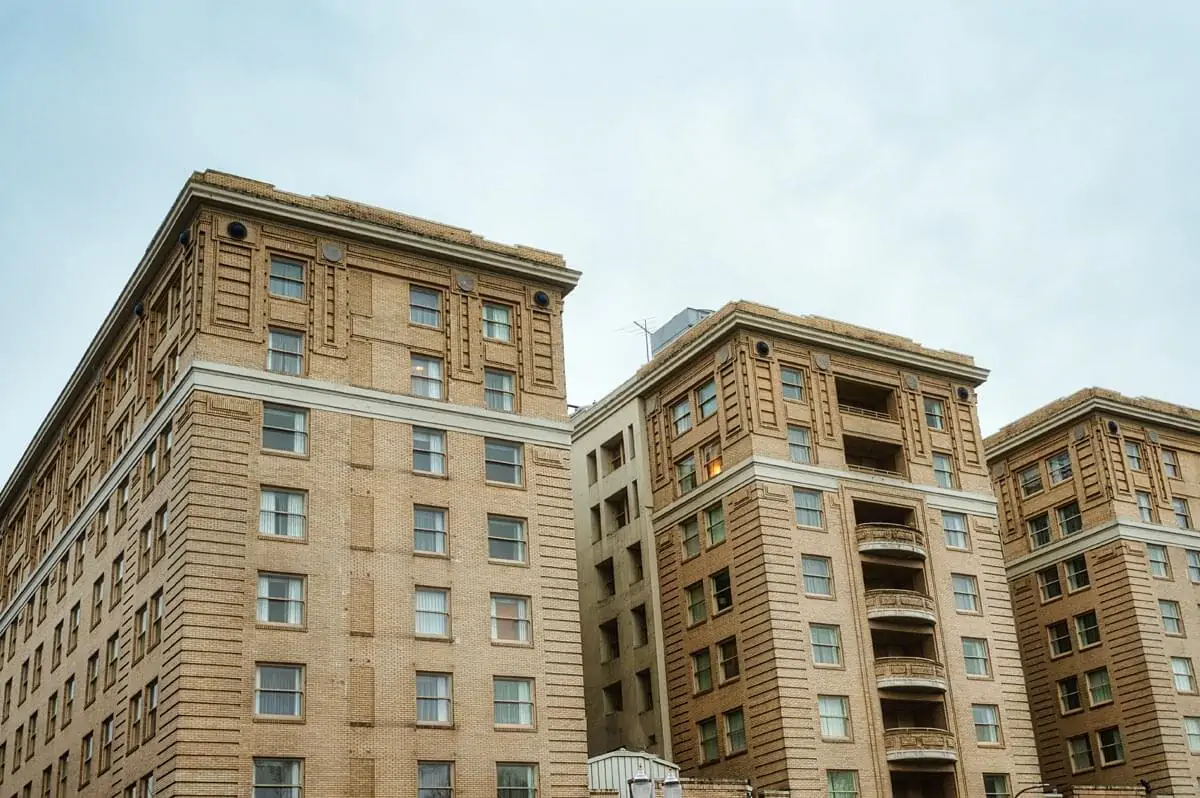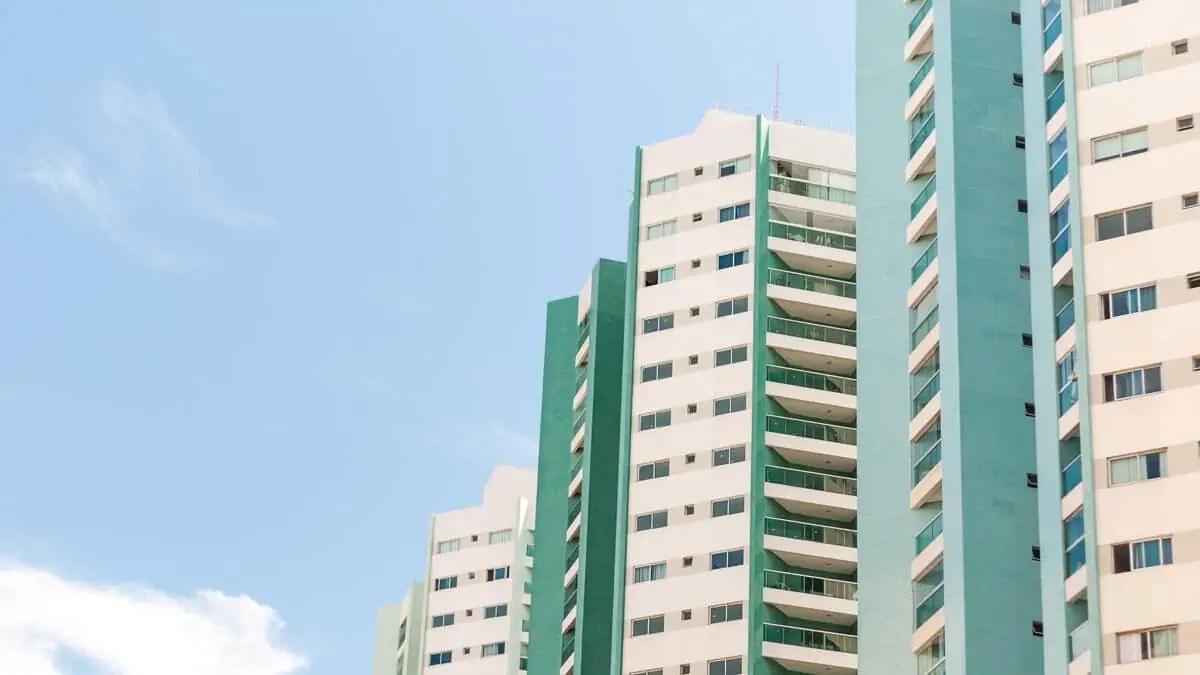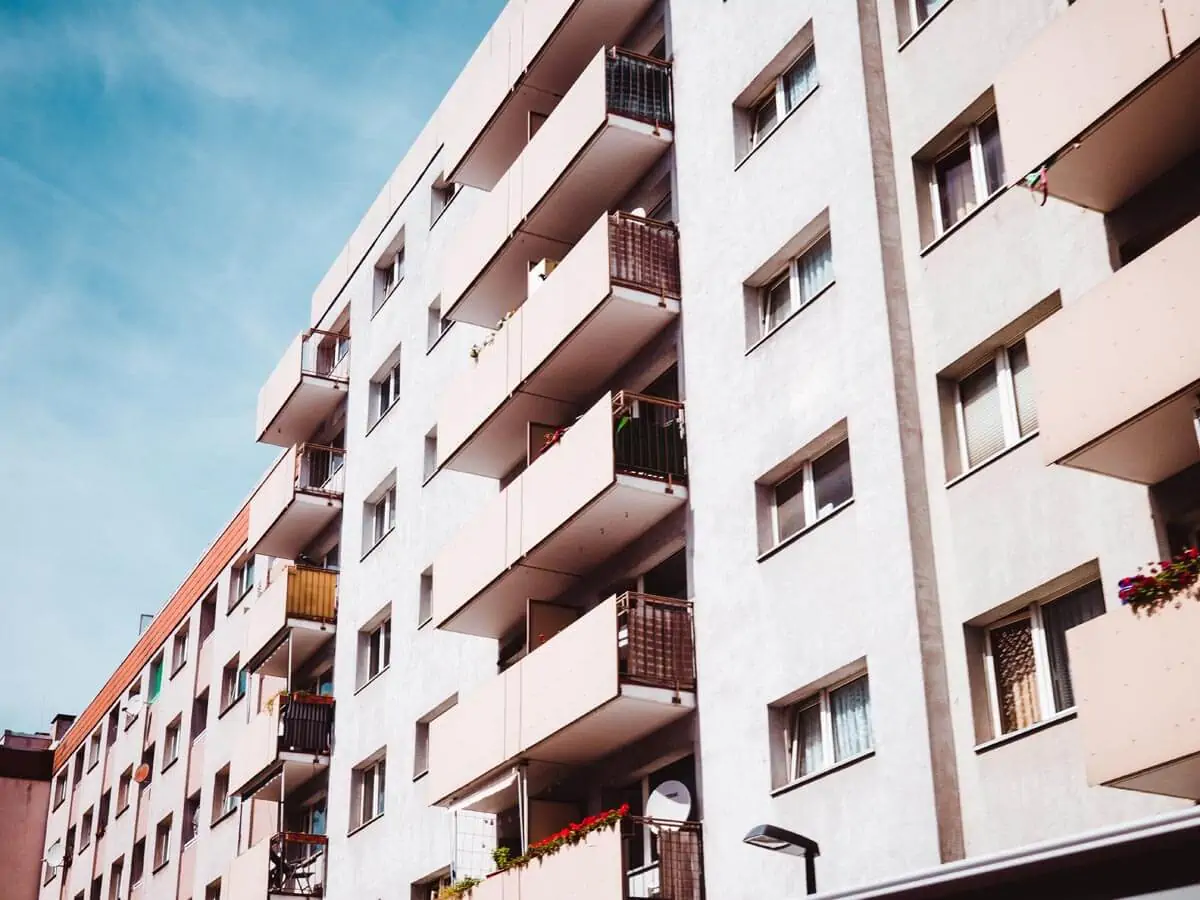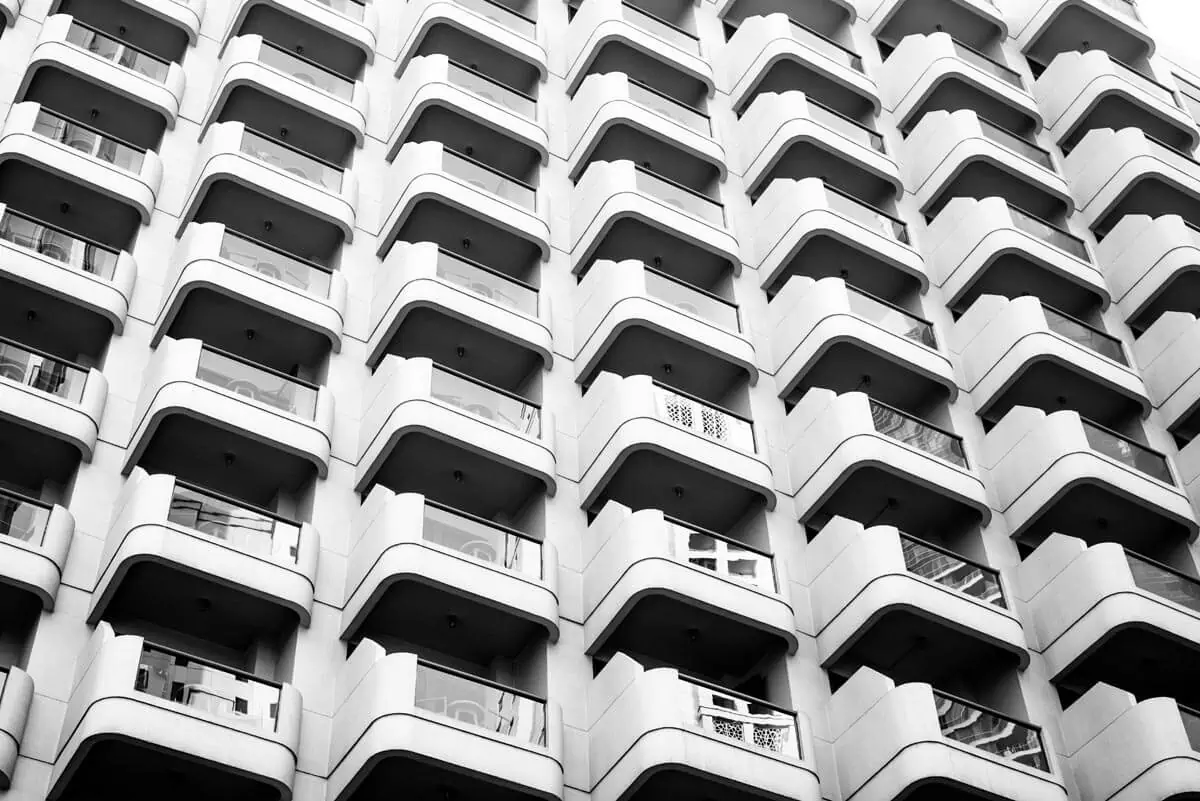Rights and Duties as a buyer or owner under the Condominium Act
The Philippine real estate business has been steadily expanding in recent years. Unsurprisingly, an increasing number of people are investing in real estate, and the simplest way to get started is by owning a condominium unit. Whether you’re buying for personal use or as an investment, it’s a good idea to brush up on your understanding of the Condominium Act.
Hence, you know your rights and obligations as a condo unit owner. Indeed, the shift toward smaller living spaces is mediated by the business industry’s desire for an accessible, manageable, and autonomous lifestyle. While living in a condo is an exciting and convenient experience. It is nonetheless advantageous to be well-versed in the subject.
Republic Act No. 4729, otherwise known as The Condominium Act, governs condominium owners’ ownership, rights, and obligations. It provides the definition of a condominium unit, what forms part thereof, and the scope and boundaries of ownership. Lastly, it gives who can purchase and acquire condominium units in the Philippines.
Key points in the Condominium Act for Condo Owners and Buyers:
 Photo courtesy of Brett Sayles via Pexels
Photo courtesy of Brett Sayles via Pexels
As a condominium unit owner or buyer, you can expect that the law has placed safeguards on your right to own and alienate your condominium property. The Condominium Act provides and defines the rights of unit owners and buyers. Let us enumerate the rights of a condominium unit owner and buyer:
- The right to be the absolute owner of your condominium units;
- The right to be co-owners of the common areas of the condominium;
- Under Section 6(e) of the act, a Condominium unit owner has the exclusive right to paint, repaint, tile wax, paper, or otherwise refurnish and redecorate the inner surfaces of the walls, ceilings, floors, windows, and doors of his own unit;
- Section 6(f) provides for the exclusive right of condominium owners to sell, mortgage, or otherwise encumber his/her own unit;
- Section 6(g) provides for the right to sell or dispose of his property subject only to the condition, as may be provided by the master deed, that the same be offered first to condominium unit owners before being offered to outside parties.
- As an automatic shareholder of the condominium corporation, you have the right to vote at the owner’s meeting concerning any matter that requires a shareholder’s vote, to elect new board members, and the right to vote for the dissolution of the condominium corporation.
 Photo courtesy of Dayvison de Oliveira Silva via Pexels
Photo courtesy of Dayvison de Oliveira Silva via Pexels
And while there are benefits to being a condominium owner, there are still obligations that are imposed by law for the protection of not only the condominium unit owners but also the promotion and maintenance of the operations of the condominium. Here are the responsibilities and obligations imposed by the law on condominium unit owners and buyers:
- The responsibility for repairs and maintenance, whether it be the common areas or your unit;
- The payment of association dues and property taxes;
- Complying with condominium by-laws and rules;
Now that we have enumerated the rights and responsibilities of a condominium owner and buyer let us go into further detail on what these rights are and what they entail as an owner or buyer of a condominium unit.
 Photo courtesy of Pixabay via Pexels
Photo courtesy of Pixabay via Pexels
Rights of a Condominium Unit Owner
Condominium owners have certain legal rights and responsibilities, outlined in the Condominium Act and regulations, as well as the declaration and by-laws of the condominium corporation to which they belong. A condominium unit is an individually owned and occupied portion of a condominium property.
Before you purchase a condominium unit, you should know what the rights and responsibilities of a condominium unit owner or buyer are. That said, we have outlined these rights for your understanding. Thus, let us delve deeper and discuss in further detail the rights and duties of a condominium unit owner and buyer:
- The Right to be the absolute owner of the Condominium unitAs a consequence of the purchase of the Condominium Unit, you have the right to be the absolute owner of the property. What this entails is that you can do whatever you want with it. Whether you sell, lease, or mortgage your unit is your prerogative and right as the absolute owner.
- Right to be a co-owner of the Common Areas of the CondominiumAs an owner of a condominium unit, you are likewise the co-owner of the common areas in the condominium. In fact, Section 6(c) of the Condominium Act states, “Unless otherwise provided, the common areas are held in common by the holders of units, in equal shares, one for each unit.” Common areas can include functional property areas such as hallways, lobbies, sidewalks, elevators, and stairs, as well as amenities such as parking lots, swimming pools, parks, gyms, and laundry facilities.
- The Right to sell and dispose of the condominium propertySection 6(g) of the Condominium Act provides that “Each condominium owner has also the absolute right to sell or dispose of his condominium unless the master deed contains a requirement that the property be first offered to the condominium owners within a reasonable period before the same is offered to outside parties”.This means that as a unit owner, you have the absolute right to sell your unit, as the Condominium Act does not prohibit this. When you sell your condominium unit, you are also selling your stake in the common facilities and your membership and shareholdings in the condominium organization.
- The Right to Mortgage your unit for a loanAccording to Section 6(f) of the condominium act, “Each condominium owner shall have the exclusive right to mortgage, pledge, or encumber his condominium and to have the same appraised independently of the other condominium owner.” When you want to take a loan, you can mortgage your condo unit to secure the loan. The Condominium Act does not prohibit this.
- The Right to Renovate your UnitAside from the rights already mentioned, you also have the right to renovate your condo unit as long as all modifications are completed inside the bounds of your unit. All constraints on your rights and actions are those specified in the declaration of restrictions or the contract you signed when the unit was turned over to you.
Now that we have discussed the rights of a condominium unit owner, let us look into and discuss the Responsibilities of a condominium unit owner:
Responsibilities of a condominium unit owner:
As a condominium unit owner, not only do you enjoy certain rights and obligations, there are also responsibilities that you must comply with. So, the following are your responsibilities as a condominium owner.
- Repair and MaintenanceGenerally, the association is responsible for upkeep common areas by collecting condo association dues. At the same time, individual owners are responsible for the maintenance their units and exclusive-use common areas.
- Common AreasAssociation dues cover the upkeep of the condominium building’s standard amenities, but you are ultimately responsible for the upkeep of your unit. This implies you must clean your apartment regularly and identify problems before they escalate to avoid affecting the entire complex.
- Individual unitAs an owner, you are responsible for maintaining and repairing your condominium unit. There are certain instances where an agreement may be made with the condominium corporation regarding who is responsible for these repairs and maintenance.
- Payment of association duesAssociation dues support a large portion of the condo building’s maintenance and repair expenses, which is why all condo unit owners must pay on time. Payment delays might inhibit the completion of maintenance tasks, causing the unit to deteriorate.The salaries of the property management corporation’s personnel, contractor’s fees, monthly bills in common areas, and rubbish collection are some expenses paid with the accumulating association dues.
- Payment of Real Property TaxesAnother key financial consideration in condo ownership is property tax. While the condo association is responsible for paying the property tax for the entire building, the Condominium Act of the Philippines states that buying a condo unit obligates you to pay the property tax for your unit.
- Compliance with the Rules and By-LawsWhen you take the keys to your new condo apartment, you agree to check and observe all the regulations to offer safe, quiet, and orderly everyday condo living.Unlike your own home, where you rule the roost, condominiums frequently have house rules that must be obeyed regarding guests, dogs, smoking, usage of amenities, bringing in or removing furniture, modifications to condo design, laundry on the balcony. So, make sure that you are familiar with the norms and regulations of the building administration so that you can act accordingly.
 Photo courtesy of Edmond Dantès via Pexels
Photo courtesy of Edmond Dantès via Pexels
Explain what rights and responsibilities condo buyers have under the act:
As a buyer, you must know not only your rights but also your responsibilities. This is to allow you to have the proper foresight in making the right decisions and to ensure that no problems will arise regarding ownership or the subsequent sale or encumbrance of the property or unit. With that said, let us discuss the rights and obligations of a condo unit buyer:
Rights of Condo buyers:
- The right to purchase a condominium unitUnder the Condominium Act, Filipino citizens and businesses are allowed to buy condominiums. On the other hand, foreigners are limited to owning no more than 40% of a corporation’s entire and outstanding capital stock, which must be Filipino-owned and controlled. In addition to that prohibition, foreigners and foreign corporations are barred by law from owning land.
- The right of the buyer to sell or transfer his rights to third partiesIn all transactions or contracts involving the sale financing of real estate on installments payments, residential condominium apartments, but excluding industrial and commercial buildings and sales to tenants where the buyer has paid at least two years of installments, the buyer, are entitled to the following rights in case he defaults in the payments of succeeding installments:
(A). To pay, without additional interest, the unpaid installments due within the total grace period earned by him, which is hereby fixed at the rate of one month grace period for every one year of installment payments made: Provided, That this right this right shall be exercised by the buyer only once in every five years of life of the contract and its extensions if any.
(B). If the contract is canceled, the seller shall refund to the buyer the cash surrender value of the payments on the property equivalent to fifty percent of the total payments made and, after five years of installments, an additional five percent every year but not to exceed ninety percent of the total payment made.
- The right to the undivided interest in the common areasUnder the Condominium Act, when a unit owner transfers or conveys his unit, apartment, office, stores, or other space therein, the buyer has the right to the undivided interest in the common area or the membership or shareholdings in the condominium corporation.
 Photo courtesy of Leeloo Thefirst via Pexels
Photo courtesy of Leeloo Thefirst via Pexels
Responsibilities of Condo buyers:
- Obligation to state the nature and interest acquiredUnder Section 4 (d) of the Condominium act, the master deed shall contain, among others, the obligation to state in the master deed a statement of the nature and interest acquired or to be acquired in separate units and common areas of the condominium. Where the title to or the interest in the common areas is to be held by a buyer that is also a condominium corporation, a statement to this effect must be stated in the master deed.
 Photo courtesy of Tembela Bohle via Pexels
Photo courtesy of Tembela Bohle via Pexels
Discuss the benefits of owning a condo unit in the Philippines
Investing in real estate is generally the safest bet, and buying a condo for sale in the Philippines could be an excellent place to start. Whether you are a first-time home buyer or a veteran investor, a condo is almost always on top of the list of worthwhile investments. This section will look at the advantages and benefits of owning a condo in the Philippines.
1. Owning a Condominium is less expensive than a house and lot
Condominiums, especially in prominent locations, are often less costly than houses and lots in the same neighborhood. A condo is typically less expensive than a house since it is often smaller in square footage than a house. Moreover, they require less care because you are only responsible for the interior of your property; you don’t have to be concerned with the gardening, roof, or outside walls.
2. Convenient Location
One significant benefit of condo living is that condo buildings are generally located in or near downtown regions, providing tenants easy access to neighboring entertainment and business sectors. This means walking to work, restaurants and bars, public transportation, essential attractions, and various events.
3. Access to Amenities
You don’t have to live in a luxury condo to use great amenities. Most condos feature community amenities such as a pool, rooftop terraces, or a fitness center that you may use without having to worry about upkeep. However, the more amenities a condominium complex provides, the higher your monthly HOA (homeowners association) cost will be.
4. Security
Security is one of the many things condo tenants should not have to worry about. Many condos have gated or secured entrances, doorkeepers, and even security officials if you live alone or are concerned about your safety because it may reduce the likelihood of house break-ins.
5. Lesser Maintenance
Condos allow occupants to enjoy homeownership without the hassles of yard work, or home upkeep. Building corridors, entryways, and community spaces are also cleaned or maintained, so you just need to bother about your living space.
 Photo courtesy of Anthony Gideon via Pexels
Photo courtesy of Anthony Gideon via Pexels
Discuss the risks of owning a condo unit in the Philippines
While condo living has many advantages indeed, it is not without disadvantages. Here are some drawbacks to consider when shopping for a condominium.
1. Homeowner’s Association Fees
As you can expect, the pool, exercise center, security system, and maintenance personnel are all expensive. When you purchase a condominium, you essentially become a business partner in that community.
In addition to mortgage and property taxes, condominium owners pay homeowners association costs (HOA fees), which are monthly dues that go toward community amenities, building maintenance, cleaning services for shared spaces, laundry facility upkeep, and other things.
2. Minimum or Lack of Outdoor Space
While the lack of yard work can benefit condo ownership, the lack of outdoor space can, in some circumstances, be rather bleak for certain tenants. You may have to walk a long way to reach a playground or park, especially if you have children who want to play outside.
3. Lack of Privacy
Condos, like apartments, have shared walls. Your neighbors may be walking across their condo or hosting a party; you may hear loud televisions or animals. And while this may not be a problem for folks who are used to living in apartments, this may not be suitable for people searching for peace.
 Photo courtesy of Tomasz Ganclerz via Pexels
Photo courtesy of Tomasz Ganclerz via Pexels
Key Takeaways
Knowing your rights and responsibilities as a condominium unit owner/buyer is an important endeavor as it will ensure anticipation on what you should do in certain scenarios to avoid legal problems that will arise in the future. In the same vein, knowing your duties and responsibilities will give you an idea of how and what the proper acts should be done.
All that being said, let us take a look on some key takeaways that you might want to carry with you as you finish reading this article:
- Owning a condo gives you absolute ownership over your unit. As a condominium unit owner, you can use and enjoy your property in whatever form or mode you see fit. This includes the right to sell, dispose of, encumber, or mortgage your property. All of these are attributes of ownership that are available to a condominium unit owner.
- Customize your condominium unit as you deem fit. Under the Condominium Act, you have the exclusive right to paint, repaint, tile, wax, paper, or otherwise refinish and decorate the inner surfaces of the walls, ceilings, floors, windows, and doors bounding your unit. As such, take advantage of this right and customize your condominium unit according to your preference!
- Always pay your association and membership dues. As a condominium owner, you must pay your association dues! This is because these association dues are collected to maintain the facilicorporation’s ties, common areas, and operations.
If you plan to own a condominium unit, we can tell you more about the process from beginning to sealing the deal. Our team at DMCI Homes Properties can guide you in choosing the right condo for you. Contact us today to get started!




